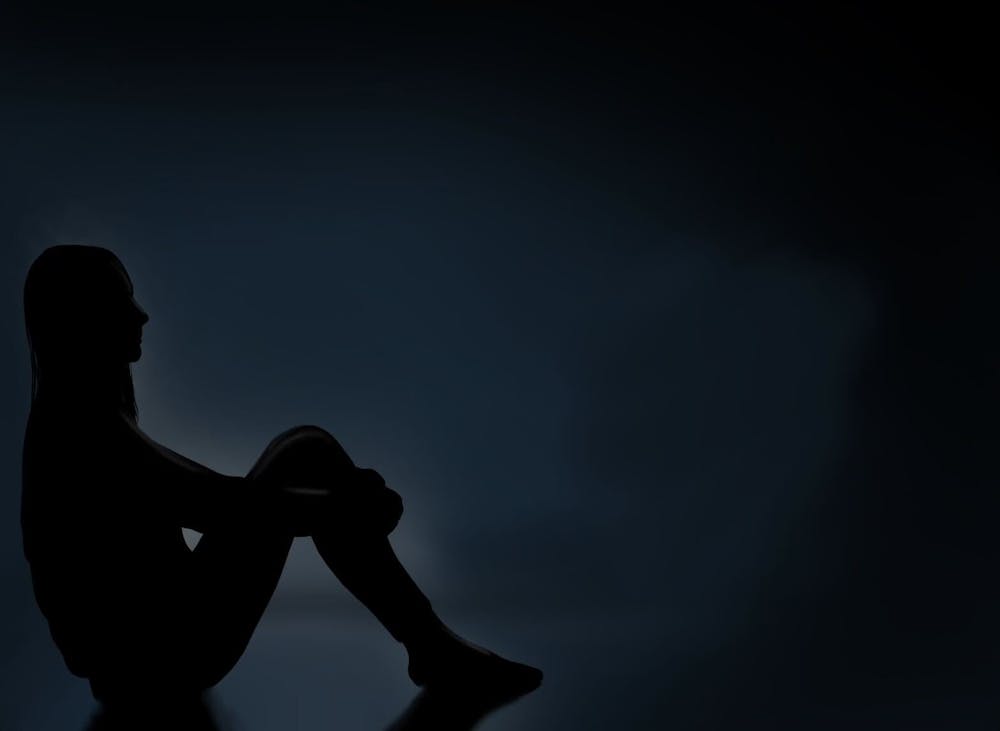Trigger Warning — this column discusses suicidal thoughts.
15 years ago, I was expelled from U.Va. for plagiarism. I know firsthand that expulsion comes at a great cost. It is isolating. It ravages the health of accused students and their family members. It can have devastating economic consequences, especially for students with limited financial resources. And it creates a stigma that accused and guilty students are pariahs — individuals without the potential to learn from mistakes, correct miscommunications or ultimately contribute again to the University or society. My experience with Honor began with pride. But it ended in agony. Let me tell you my story.
I first learned of the ideals of our “community of trust” at my summer orientation. Over time, I grew to appreciate the practical benefits of Honor, such as the freedom to leave my laptop in the library or complete take-home exams. I also came to wholeheartedly believe in Honor as a representation of student self-governance.
My idealization of the Honor system came crashing down when I was accused of, and ultimately convicted and expelled for, plagiarism. I was sitting in Alderman Library studying for spring finals when I received an email from my psychology professor, who had also been a close advisor and mentor, informing me that she had reported me for an Honor violation.
Wait.
What?!
I took my laptop and sprinted to Gilmer Hall. Maybe if I could speak to her, we could work this out. I had cited everything — or so I thought. We could walk through the paper together, I could show her my notes, we could resolve this — but my professor, whom I trusted as my advisor and mentor, declined to even speak with me. My fate was left in the hands of the Honor Committee. I was left waiting for nearly six months, my case delayed during the Honor Committee’s summer break.
I was a wreck all summer. I lost my hair. I neither ate nor slept. I developed kidney infections and suffered from panic attacks. I could not focus on my summer jobs or friends or extracurricular activities.
I seriously considered taking my own life.
Being an accused student is brutally isolating. My Honor advocates were not trained to handle my emotional burdens. Counselors at the University’s Counseling & Psychological Services failed to grasp the enormity of my struggle. My professor refused to speak with me. Quite frankly, I felt like I had no one to turn to at the University.
My Honor trial took place in October, nearly two months into fall semester. Two jurors fell asleep. The trial chair rolled her eyes during my testimony. I was constantly interrupted. I was also not able to present key evidence. Not once did I feel heard or respected during the Honor process.
What’s more, a group of strangers decided I was not a worthy member of the “community of trust” without any knowledge of who I was as a person. I was not allowed to tell these jurors that I was a resident advisor, that I participated in Alternative Spring Break or that I woke up every Saturday morning to perform community service. All I was in their eyes was one paper with citation errors.
The months after my expulsion were the darkest of my life. I lost my housing and my best friends. I was stripped of my scholarship, my job and my community leadership positions. I forfeited the thousands of tuition dollars I had already paid for the semester in which my trial occurred, a semester for which I received no course credit. My vision of the future was shattered — the life I knew was over. The impact of expulsion was also felt by my entire family. My parents suffered with anxiety, watching their once vivacious child become a shell.
When I finally dared to piece my life together, I knew that I never wanted any other student to go through what I did. All on my own, I researched schools, met with admissions counselors, applied for scholarships, worked to pay back my debt and eventually transferred and graduated from another state school. I then pursued graduate study, earning my Master’s Degree in Higher Education Administration. And in graduate school, I worked with students accused of academic dishonesty and helped create a citation workshop for those accused of plagiarism. Ironically, I learned more about the citation rules I was accused of having violated by helping these students than I ever did at the University.
Now, for nearly a decade, I have worked with countless students across the country. I meet with and advise students, shape policies to educate on plagiarism and oversee administrators who decide the fates of accused students. What I value most about my work is helping students feel heard and respected — as people with complex experiences, common stresses and limitless potential. I know that my work ensures that students benefit from, and make the most, of their second chances.
While it’s hard to imagine what life would be like without this experience, I am forever scarred by it — like the fact that I still worry, 15 years later, about citations. Other scars are more visible. On the tenth anniversary of my Honor trial, I got a tattoo — “Succisa Virescit” — Latin for “that which gets cut down grows back stronger.”
I have emerged stronger — others may not be as lucky.
Jane Doe is a former student who was expelled from the University. Their identity has been withheld for privacy.







